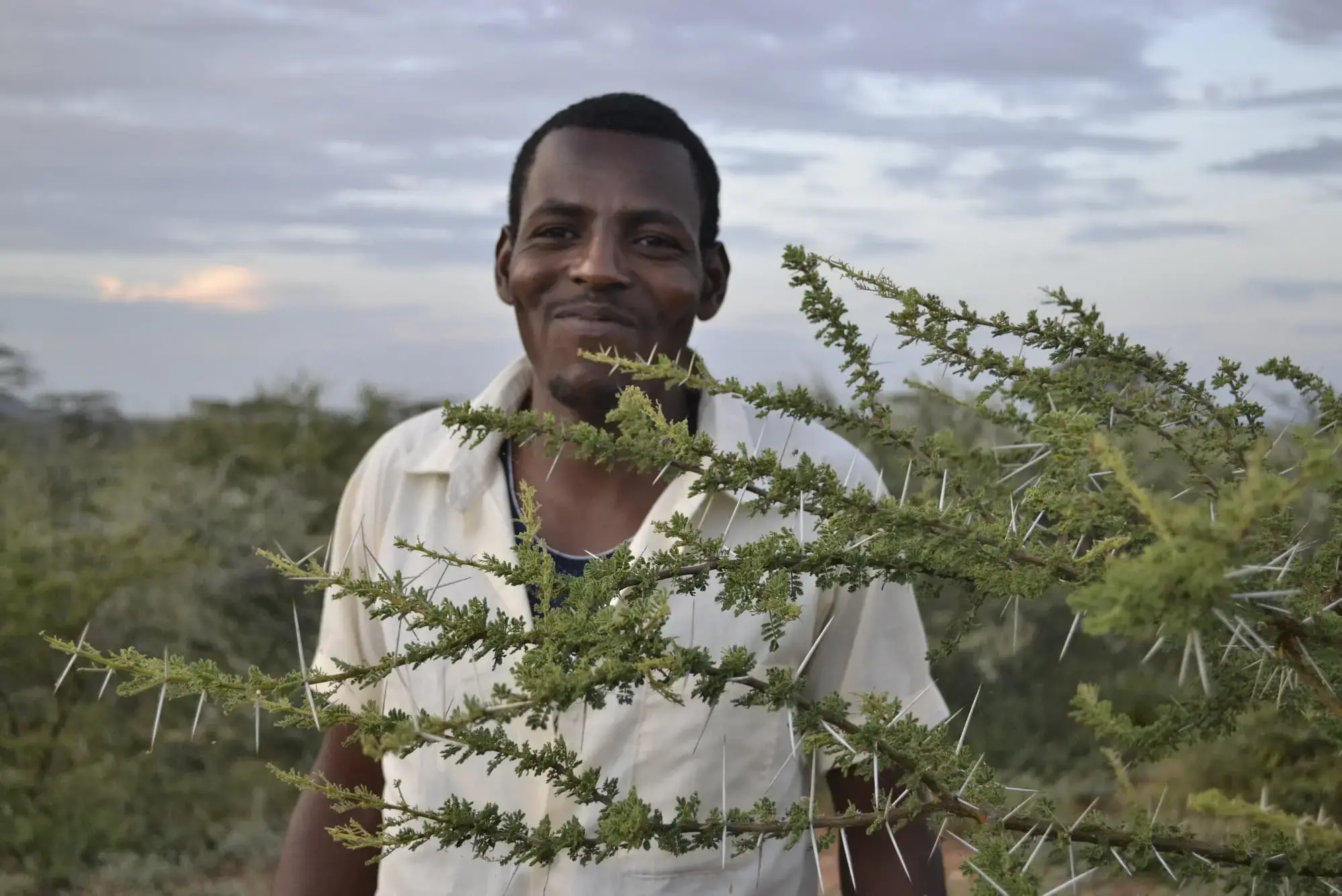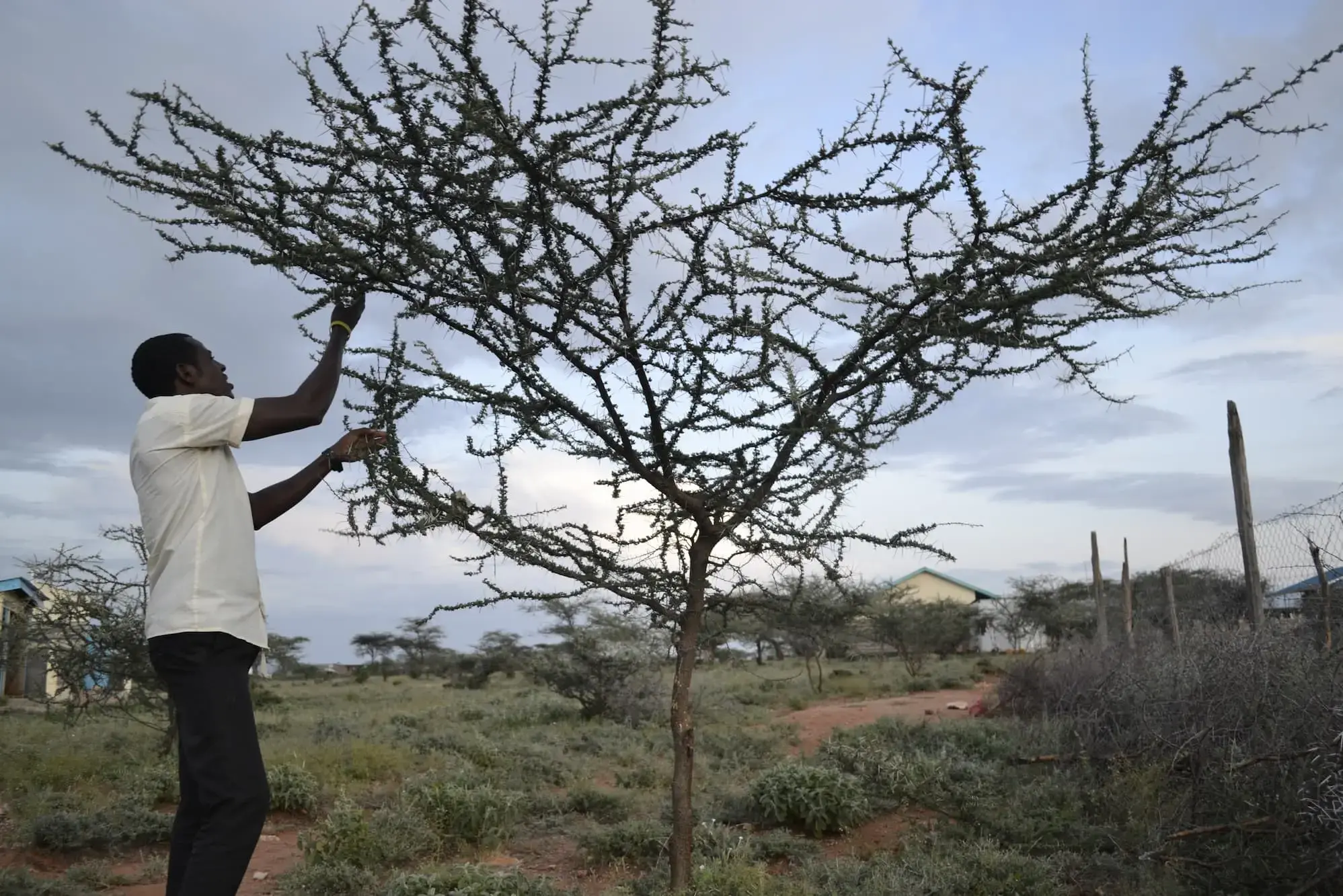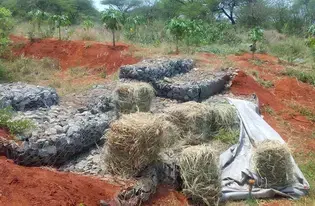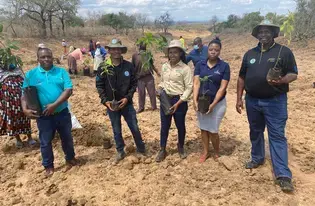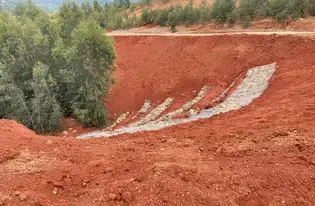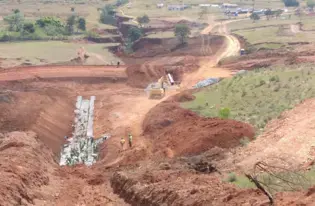Climate change is one of the most pressing issues in Africa and around the world. FairTree is showing that sustainable technological innovations can support communities and regreen Tanzania and Kenya.
Africa is the most vulnerable continent to climate change. Kenya is among the countries that have experienced significant economic losses due to this global crisis, with an annual loss of about 2.4% in its economic output. Neighboring Tanzania relies heavily on woodfuel and agricultural residues for energy, leading to alarming rates of deforestation and biodiversity loss.
To reverse that trend, Jon Trimarco founded FairTree, a non-governmental organization working in Kenya, Tanzania and Uganda. Since 2020, the organization has used a pay-to-grow model facilitated by Greenstand to track and pay tree growers for the ecosystem services, like biodiversity and carbon sequestration, that their projects revitalize.
All tree growers use an app called Tree Tracker, made by Greenstand. They take photos of their trees and upload them to the FairTree map. Greenstand reviews the photos and puts them on the map if they are of high quality. The growers get paid through their Mobile Money accounts whenever they upload new pictures throughout the first two years of the tree’s life.
FairTree believes in a community-driven approach. Tree growers are not just given seedlings and told to plant then. Instead, they decide how, when, where and what type of trees they will grow. Then, the organization supports their efforts. This pay-to-grow model compensates individuals for planting and maintaining trees that they themselves have selected.
According to Jon, this model has transformed the livelihoods of the communities and created a new generation of tech-driven restoration champions.
“Pay-to-grow is an effective approach both for landscape restoration and creating job opportunities. If a person is growing 2,000 trees and grows them effectively, they will be rewarded and be able to pay rent, children’s school fees and save for the future,” he says.
FairTree is piloting this model with financing from TerraFund for AFR100, an initiative of World Resources Institute, One Tree Planted, and Realize Impact that finances Africa's top restoration enterprises and projects.
With this funding, FairTree is restoring Kenya’s degraded lands and regenerating degraded mangroves, cloud forests, and farms in Tanzania.
The organization has facilitated the restoration of over 10,000 new acacia trees in northern Kenya. Over a dozen growers are earning income by rejuvenating and maintaining trees in and around their respective communities.
In Tanzania, FairTree is involved in two projects. The first project is located in the coastal region and is being implemented in collaboration with Women Against Poverty (WAP). The project aims to replant mangroves in over 4,000 protected hectares in western Zanzibar using the pay-to-grow model.
And in the western Usambara mountains, one of the world’s biodiversity hotspotsThe Sunga community is leading another project. This region is home to endangered species, including the rare western Usambara two-horned chameleon.
The impact FairTree is making in Tanzania and Kenya demonstrates that innovative and technological solutions, such as pay-to-grow, can restore the landscape and create a healthier environment for all.
